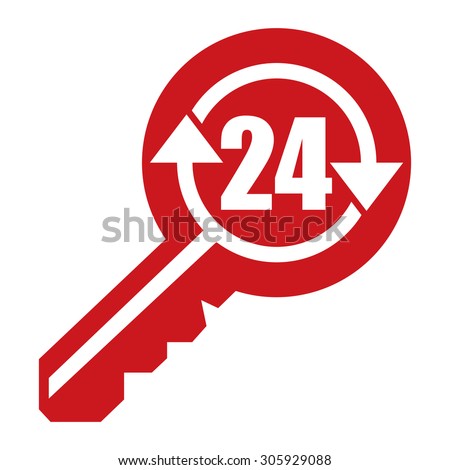Begin Your Examination Of Wise Secure Contrast To Typical Locks By Analyzing The Advantages And Restrictions Connected With Each Choice

Writer-Riddle Hvass
When considering the choice in between smart locks and conventional locks for your home safety requires, it's vital to consider the advantages and downsides of each alternative very carefully. Smart locks supply cutting-edge functions like keyless entry and remote access, but issues concerning cybersecurity and initial costs may offer you pause. On the other hand, traditional locks are known for their reliability, but they lack the contemporary comforts of smart modern technology. As you check out the details of this comparison, you'll find yourself considering which aspects of security and comfort hold greater value for your comfort.
Smart Locks: Advantages and Disadvantages
When taking into consideration clever locks, it's important to consider the benefits and disadvantages they provide. Smart locks provide ease by permitting you to lock and unlock your door remotely by means of a mobile application. This feature is particularly handy if you commonly find yourself forgetting your secrets or require to allow somebody in while you're away.
Furthermore, smart locks can incorporate with other smart home tools, developing a seamless automated system for enhanced safety and control.
On the disadvantage, clever locks can be susceptible to hacking otherwise correctly secured with strong passwords and routine software updates. There's additionally the threat of technical malfunctions or power failures that can possibly leave you locked out of your very own home.
Furthermore, the first price of wise locks can be higher than standard locks, and some might call for specialist installation, including in the total expenditure.
Standard Locks: Toughness and Weaknesses
Comparing traditional locks to smart locks, conventional locks are recognized for their reliability and simplicity. Among the key strengths of conventional locks is their sturdiness. These locks have been around for centuries and have actually shown to endure the examination of time. They're strong and can continue to function also in harsh weather. In continue reading this , traditional locks are simple to utilize. You don't require to stress over connection concerns, software updates, or compatibility with other devices. With a standard lock, all you require is the physical key to gain access.
Nonetheless, traditional locks also feature some weak points. One major disadvantage is the threat of losing secrets. If you misplace your secret or it obtains taken, there's a safety and security threat involved. Rekeying or replacing the locks can be expensive and taxing.
Another weak point is the lack of remote access. You can't manage typical locks from a range, which can be bothersome if you require to grant accessibility to someone when you're not physically present.
Comparison: Smart vs. Traditional Locks
To evaluate the advantages and disadvantages of smart locks versus typical locks, it's vital to comprehend just how each sort of lock functions and the features they offer. Smart locks supply ease through attributes like keyless entry, remote accessibility, and combination with wise home systems. They offer flexibility in approving access to others and the capability to monitor lock activity remotely. However, clever locks might be susceptible to hacking or technical breakdowns, increasing safety and security concerns.
On the other hand, standard locks have an enduring reputation for dependability and longevity. They don't depend on innovation and are less at risk to cyber hazards. Standard locks are simple to make use of and call for marginal maintenance. Nevertheless, they lack the innovative features and convenience that wise locks supply, such as remote accessibility and personalization alternatives.
Inevitably, the selection in between wise and traditional locks depends upon your priorities. If benefit and progressed attributes are important, a wise lock may be the most effective choice. Nonetheless, if reliability and protection are leading problems, sticking to a typical lock might be the much better choice.
Conclusion
Finally, when choosing between smart locks and conventional locks, consider your priorities. Smart locks offer benefit and advanced functions, but may be at risk to hacking. Traditional locks are trusted and straightforward, however lack remote accessibility capabilities. Inevitably, choose the alternative that best fits your demands for security, convenience, and desired attributes.

